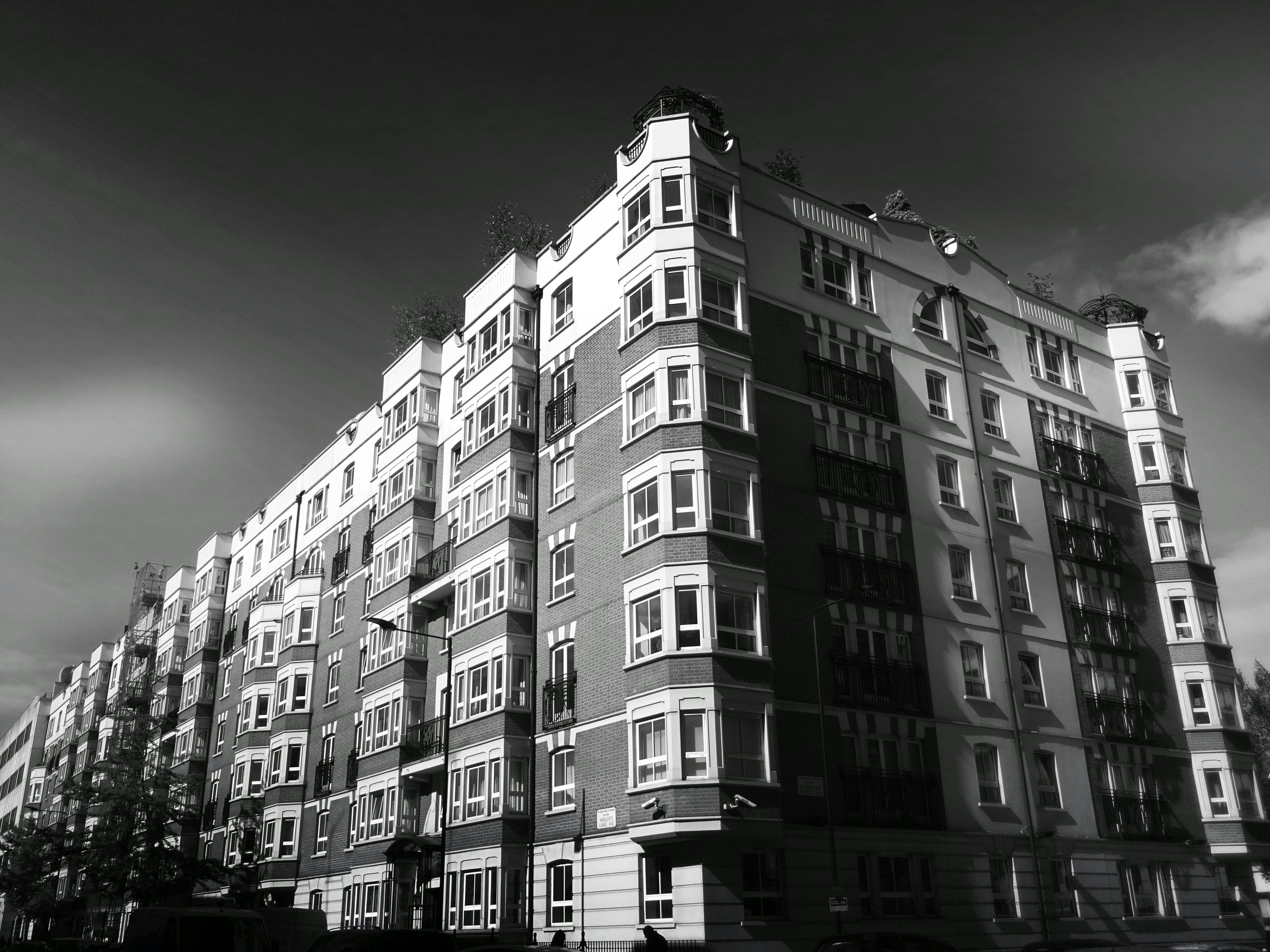More than 20 years ago, several states, including Florida, raised the drinking age from 18 or 19 to 21. They did it under duress. The federal government threatened to withhold funds for road construction if they did not comply. Raising the drinking age was a good idea. The result of this was a lower number of teenage deaths in traffic. Some states, including Florida, had lowered the minimum drinking age in the early 1970s due to the Vietnam War. The reasoning was that if a 19-year-old was old enough to fight for his country, he was old enough to drink. I’ve seen this same bad idea come up again because of the Iraq war. Keeping the age at 21 is wise, and even more needs to be done to make alcohol less accessible to those with a history of alcohol-related problems.
I would propose that at the time of a DUI conviction or other alcohol related offense that the driver lose his license and be issued a special license. This new license would be in a different color and clearly stamped: “Problematic drinker – The sale of alcoholic beverages to this person is sanctioned by law.”
When buying any alcoholic beverage anywhere (bar, liquor store, convenience store, etc.) the buyer must show their license. Special drinking permits could be issued to those without a driver’s license. Every time alcohol is purchased, the buyer must show one identification or another in order for it to be served. This would create some inconvenience for employees and waiters and I am sure that the “hospitality” industry and the liquor lobby would be stridently opposed. However, I think the benefits would far outweigh the problems.
The advantage of this approach would be that it would keep people with DUI convictions or other alcohol-related offenses out of bars and hopefully off the roads. This approach makes more sense than simply increasing the severity of the DUI punishment as most states have done. Punishing the offender with more jail time and higher fines attracts reasonable and rational adults. Unfortunately, addicts and active drunks are rarely subject to the influence of reason.
Prohibition (1919-1933) was a failure in this country and obviously should not be tried again. However, taking some action to limit the availability of alcohol would certainly prevent some traffic fatalities and slow or stop the insidious process of alcoholism in some. In Florida, as in most states, alcohol is too easy to come by. Over the past three decades, most counties and municipalities have eliminated blue laws and extended the hours that alcohol can be sold. In my opinion, it is part of the slow erosion of values and morals that has occurred since the 1960s. I am a licensed mental health counselor and have seen the effects of this erosion of morality up close in the hundreds of addicts and alcoholics that I have dealt with over the years.
I propose that the states, or the United States Congress, enact laws to limit the sale of alcoholic beverages from noon to midnight and not on Sundays. Such legislation would not solve the problem of drunk driving or alcoholism, but it would reduce the enormous cost of wasted money and loss of life that alcohol abuse imposes. That legislation, plus the issuance of special drinking permits and additional taxes on alcoholic beverages, would help reduce the number of victims in our increasingly addicted society.

